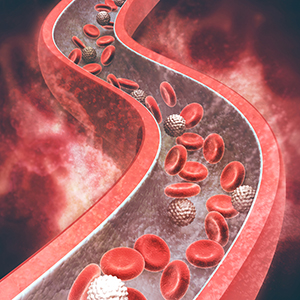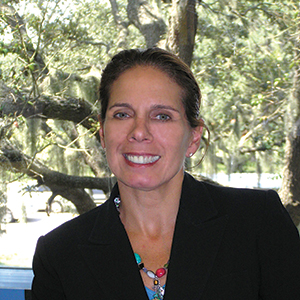-
Drug Costs and Cancer Care
Experts discuss the value of cancer treatments in a climate of rising drug prices.
by Kevin McLaughlin
-
What Is Hyper-Progression?
Some researchers believe that immunotherapy occasionally causes cancer to grow faster, a phenomenon dubbed hyper-progression.
by Kate Yandell
-
Risk Reduction, Clinical Trials Are Focus of Atlanta Community Event
Cancer researchers, patient advocates and community members gathered for a public forum presented by the American Association for Cancer Research.
by Kevin McLaughlin
-
March 29: The Week in Cancer News
Jury awards damages to man who says Roundup caused his cancer, the FDA proposes national standards for breast density notifications, and a physician questions whether patients with impaired renal function should avoid contrast-enhanced scans.
by Marci A. Landsmann
-
From the Editor-in-Chief
Why Are Liver Cancer Death Rates Up?Hepatitis C infection, obesity and alcohol can contribute to more cases of liver cancer.
by William G. Nelson, MD, PhD
-
Forward Look
Some Prostate Cancer Patients Face a Difficult DecisionSurgery and radiation have similar benefits but different side effects.
by Stephen Ornes
-
Forward Look
Looking for Brain MetastasesStudies aim to identify when screening is beneficial.
by Sue Rochman
-
Forward Look
Lynch Syndrome Linked to More CancersStudy findings suggest patient screening has been too narrow.
by Sharon Tregaskis
-
Forward Look
What’s Next? Spring 2019Reducing chemotherapy side effects with a ‘drug sponge.'
by Bradley Jones
-
Policy Matters
Eliminating HPV-Related CancerHPV vaccination and screening can help eradicate cervical cancer and other malignancies.
by Anna R. Giuliano, PhD
Cancer Talk
The Power of Comedy
In a new play, the pain of cancer can be a chance to laugh.
by Ashley P. Taylor
Melanoma Risk in Childhood Cancer SurvivorsPeople treated for childhood cancer found to have twice the risk of developing melanoma as an adult.
by Cameron Walker
Online Second OpinionsMore than half of patients who participated in a program offering online second opinions were recommended a change to their treatment plan.
by Eric Fitzsimmons
Musical Toxicity an Effect of Cancer TreatmentStudy finding cancer treatment affects ability to play or sing music highlights need for physical therapy, experts say.
by Kyle Bagenstose















